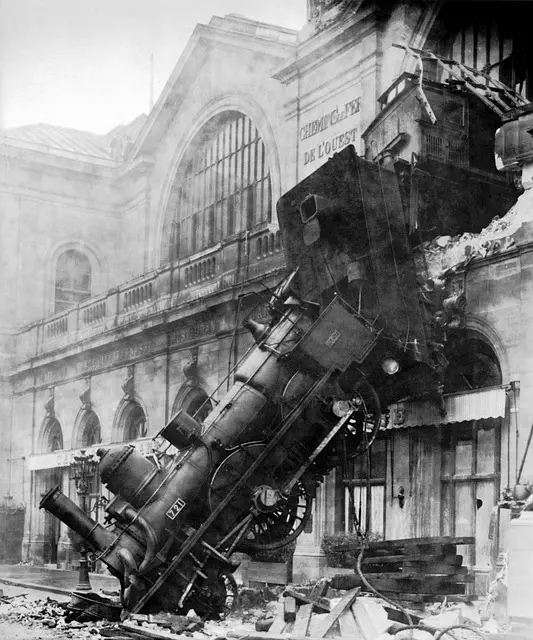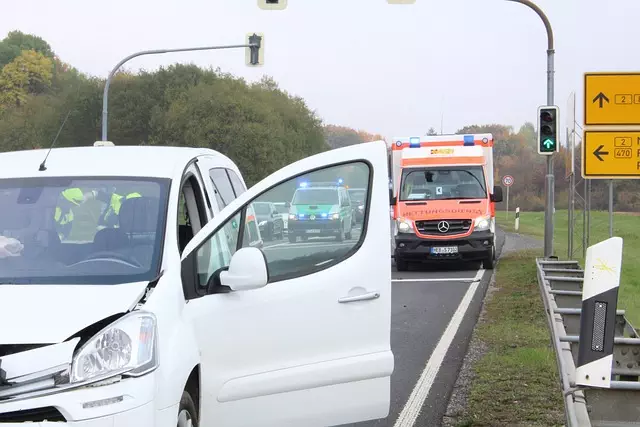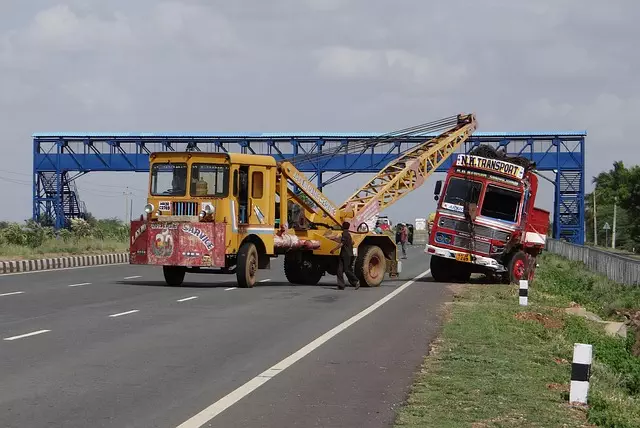Motorcycle crashes in Brooklyn are on the rise, posing severe risks to riders due to challenging urban terrain and increasing rideshare activity. This trend has sparked concern among safety advocates and legal professionals, particularly in light of complex litigation in The Bronx regarding rideshare crashes. These cases highlight the need for improved infrastructure, stricter regulations, and enhanced rider safety measures. Brooklyn's dense streets demand targeted strategies, including training programs, strict motorcycle guidelines, ADAS integration, and educational campaigns, to foster safer riding conditions not only in Brooklyn but also in other urban centers facing similar challenges, with rideshare crash litigation playing a key role in seeking justice and preventing future accidents.
“Motorcycle crashes in Brooklyn have emerged as a pressing safety concern, with alarming frequency and severe consequences. This article delves into the multifaceted issue, exploring its impact on riders and communities alike. We analyze the rise of rideshare services and their role in urban mobility, focusing on the increasing number of crashes involving ride-sharing companies. By examining legal implications and compensation for victims, we uncover key factors contributing to these accidents, particularly in The Bronx. Additionally, we propose future safety strategies to mitigate risks.”
- Understanding Motorcycle Crashes in Brooklyn: A Growing Concern
- The Impact on Riders and the Community
- Rideshare Services: A New Dynamic in Urban Mobility
- Exploring the Factors Behind Ride-sharing Crash Litigations
- Legal Implications and Compensation for Victims
- Enhancing Safety Measures: Strategies for the Future
Understanding Motorcycle Crashes in Brooklyn: A Growing Concern

Motorcycle crashes in Brooklyn have become a growing concern, drawing attention from both safety advocates and legal professionals. With an increasing number of riders on city streets, including those involved in rideshare services, the risk of accidents is rising. Brooklyn’s bustling highways and narrow alleyways present unique challenges for motorcycle operators, making them more vulnerable to severe injuries or fatalities compared to other vehicle types.
Rideshare crash litigation in The Bronx has already highlighted the complex web of legal issues surrounding motorcycle safety. As these cases gain momentum, they urge authorities and city planners to reevaluate infrastructure and implement measures that prioritize motorcyclists’ well-being. Understanding and addressing these crashes is crucial to fostering a safer riding environment not just in Brooklyn but across urban centers facing similar challenges.
The Impact on Riders and the Community

Motorcycle crashes in Brooklyn have significant implications for both riders and the community at large. Riders face severe physical injuries, often resulting in lengthy hospital stays and rehabilitation periods. These incidents can lead to permanent disabilities, impacting their ability to work and engage in daily activities. Additionally, emotional trauma from such experiences can be profound, affecting mental health and quality of life.
The impact extends beyond individual riders, as these crashes can disrupt the fabric of Brooklyn’s community. They often raise concerns about traffic safety, especially in areas with high ride-sharing activity, like The Bronx. This prompts discussions on improving road infrastructure, enforcing traffic regulations, and promoting rider safety measures. Rideshare Crash Litigation plays a crucial role in holding responsible parties accountable, seeking justice for injured riders, and potentially preventing future accidents through legal recourse.
Rideshare Services: A New Dynamic in Urban Mobility

In recent years, rideshare services have introduced a new dynamic in urban mobility, particularly in dense cities like Brooklyn. With their convenience and accessibility, platforms like Uber and Lyft have become common sights on city streets. However, this increased presence also brings unique challenges, especially when it comes to motorcycle crashes. As the number of rideshare vehicles rises, so does the potential for collisions with motorcycles, leading to serious injuries or even fatalities.
Rideshare crash litigation in areas like The Bronx has become a growing legal concern. Motorcyclists involved in accidents with rideshare drivers may face complex issues, including determining liability and securing compensation for their injuries. Understanding the dynamics of these crashes and the responsibilities of both riders and companies is crucial in navigating the legal process effectively.
Exploring the Factors Behind Ride-sharing Crash Litigations

Motorcycle crashes in Brooklyn, and throughout The Bronx, have led to a surge in rideshare crash litigation. Several factors contribute to this growing trend. One key factor is the increasing popularity of ride-sharing services, which has resulted in more motorcycles on the roads. This higher visibility also means that when accidents occur, there’s often significant public scrutiny and legal repercussions for involved parties.
Moreover, rideshare crash cases are complex due to the involvement of multiple entities: the rider, the ride-sharing company, and sometimes third parties like vehicle manufacturers or maintenance services. Determining liability can be intricate, requiring in-depth investigations into driver training, vehicle safety standards, and potential software glitches. Legal experts specializing in these cases play a crucial role in navigating these complexities to secure justice for injured riders.
Legal Implications and Compensation for Victims

In the event of a motorcycle crash, especially in areas like Brooklyn or The Bronx where rideshare services are prevalent, understanding one’s legal rights and options for compensation is crucial. New York state laws regarding personal injury claims can vary based on factors such as liability, insurance coverage, and circumstances surrounding the accident. For motorcycle riders involved in crashes with rideshare vehicles, navigating the legal system can be complex.
Victims may have grounds to file a lawsuit through Rideshare Crash Litigation if negligence by a rideshare driver or company contributed to the accident. This process involves gathering evidence, including witness statements, medical records, and vehicle damage reports. Compensation for injuries sustained in such crashes can cover medical expenses, lost wages, pain and suffering, and property damage. It’s advisable for victims to consult with experienced legal professionals who specialize in these types of cases to ensure their rights are protected and they receive fair compensation.
Enhancing Safety Measures: Strategies for the Future

Brooklyn, with its dense urban landscape and bustling streets, presents unique challenges for motorcyclists. To enhance safety, future strategies should focus on comprehensive training programs for both riders and drivers, particularly those involved in rideshare services that have gained prominence in recent years. Implementing stricter guidelines and regular inspections for motorcycles can also significantly reduce crash risks.
Moreover, technological advancements offer promising solutions. Integrating advanced driver-assistance systems (ADAS) into vehicles and promoting the use of safety gear by riders can mitigate injuries during accidents. Expanding education campaigns targeting rideshare drivers in The Bronx, where motorcycle crashes have been a concern, could foster a culture of awareness and responsibility, ultimately contributing to a safer urban environment for all road users.
Motorcycle crashes in Brooklyn have become a pressing issue, impacting both riders and the community. As rideshare services continue to shape urban mobility, understanding the factors behind crash litigations in The Bronx is crucial for enhancing safety measures. By addressing legal implications and compensation for victims, along with implementing innovative strategies, we can strive for a safer future for motorcycle riders in Brooklyn and beyond. Rideshare crash litigation highlights the complex dynamics of urban transportation, prompting a comprehensive approach to ensure the well-being of all road users.
